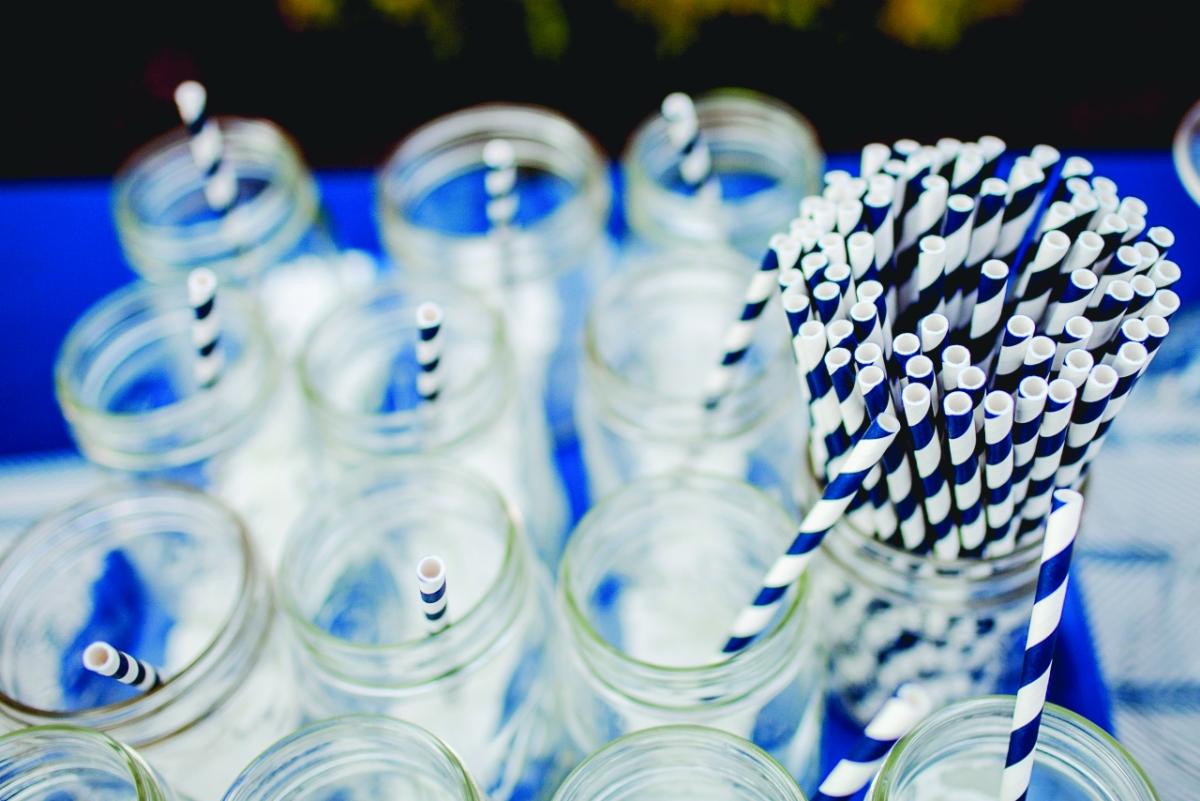Pernod Ricard: Getting Rid of Plastic Straws is a Call to Corporate Responsibility
By John Tran

Originally published in CR Magazine - Summer 2018
Plastic drinking straws are everywhere – in the soft drinks that we order with our meal, in the glass of water we’re served in a restaurant and the boxed juice sold in stores. They are even in the mixed cocktails that are served in bars and lounges. But these days, the sleek, plastic straw is best known for the environmental mess that is cluttering the world’s parks, beaches and landfills.
According to the National Park Service, more than 500 million straws are used in the U.S. each day. “Americans use these disposable utensils at an average rate of 1.6 straws per person,” says the NPS, straw users rarely understand the environmental impact of the sipper.
But in recent years there has been a growing effort by both businesses and environmental groups to curb that use – or at least find more environmentally friendly options to replace conventional plastic straws. A discarded plastic straw or stirrer isn’t just an inconvenient piece of litter in our environment. It can take literally hundreds of years to decompose.
“A straw, which is only used for 20 minutes, on average – can take more than 200 years to break down and often does not fully disintegrate,” the NPS points out.
In recognition of these environmental challenges, in January we at Pernod Ricard announced we would stop purchasing plastic straws and stirrers to adorn our Chivas Regal Scotch Whiskey, Absolut Vodka, Kahlua Liqueur and other specialty liquor cocktails. In their place, we are introducing drinks with alternative options, including drinks without straws or stirrers.
“We believe small acts have a big impact. We want to break the association that a cocktail needs a straw or stirrer to be complete – and we think mixologists would agree,” said Amandine Robin, Senior Vice President of Communications & Sustainability at Pernod Ricard USA.
The decision to reimagine the way we serve cocktails also reflects growing public support for more sustainable options on straws and stirrers from wines and spirits producers. Recently, we announced a collaboration with LOLIWARE, the inventors of an edible, hyper-compostable straw. By working together with innovative visionaries, we are able to create a movement that can extend beyond our ourselves and can make a significant impact for many consumers.
For us, the changing attitudes about plastic straws are a call to corporate responsibility – one that isn’t hard get behind, said Vanessa Wright, Pernod Ricard’s Group Vice President of Sustainability & Responsibility.
Our dedication to sustainability dates back more than 50 years, to the founding of the Paul Ricard Oceanography Institute on the island of Les Embiez, France. Paul Ricard launched the institute in 1966 in an effort to educate the public about marine sustainability and the dangers of pumping local refuse, or red sludge, into the ocean. Today the institute serves as a base for ecological research and public education and is run by Ricard’s granddaughter, Patricia Ricard.
“We understand that non-biodegradable plastic is having a detrimental impact on the environment and oceans, and it’s crucial we play our role in being part of the solution,” said Wright.
Our environmental goals are aligned with the United Nations Sustainable Development Goals and the straw initiative supports our plan to go zero-waste-to-landfill by 2030.
John Tran is Director of Sustainability & Responsibility, Pernod Ricard

